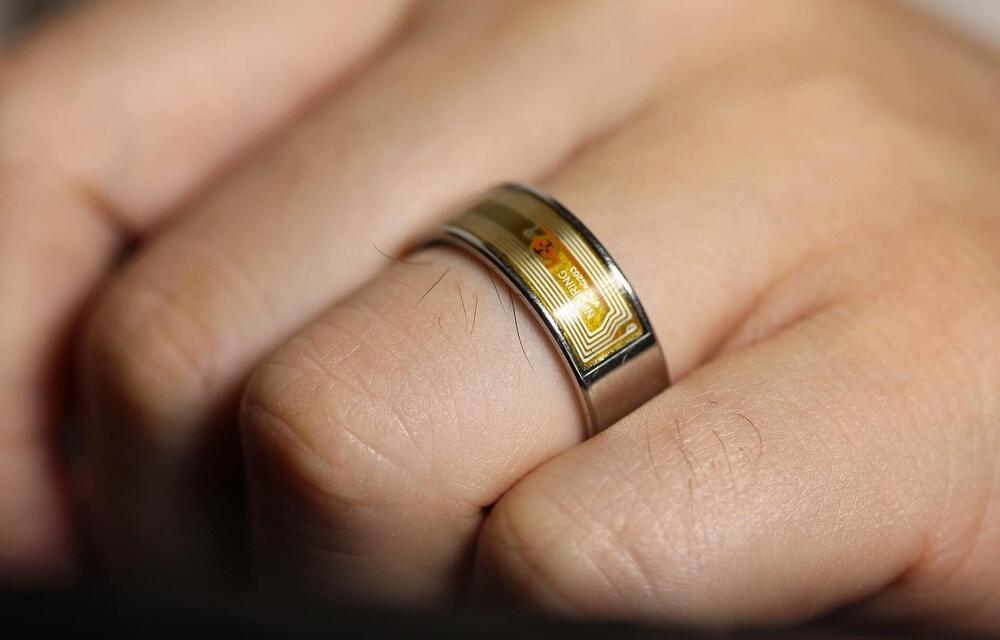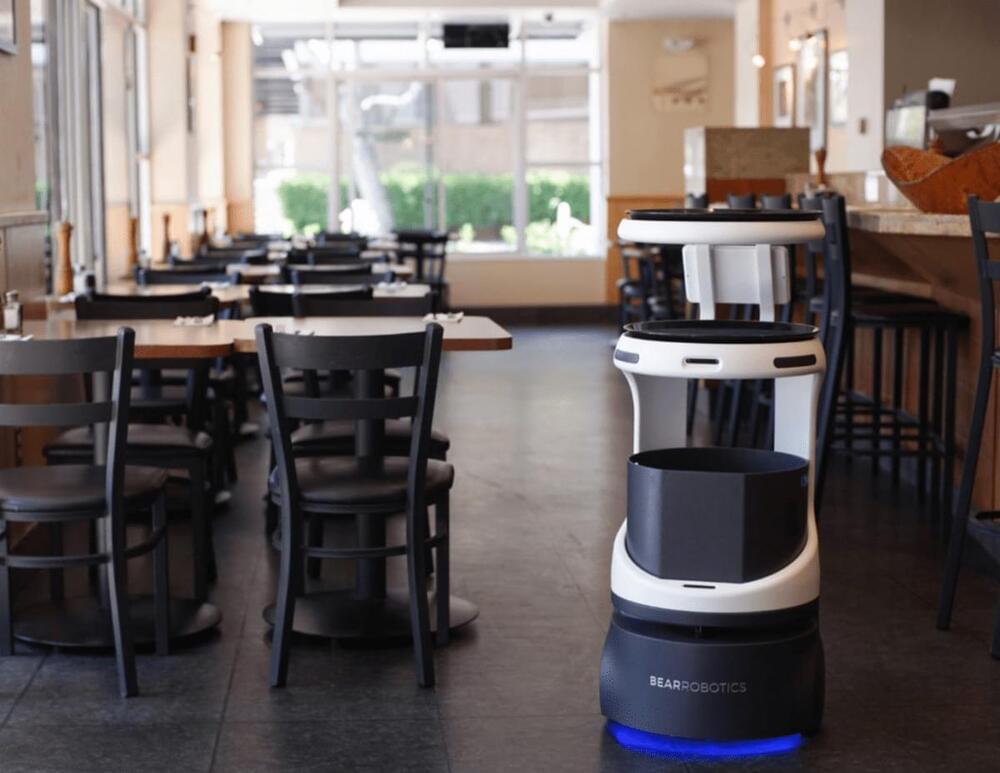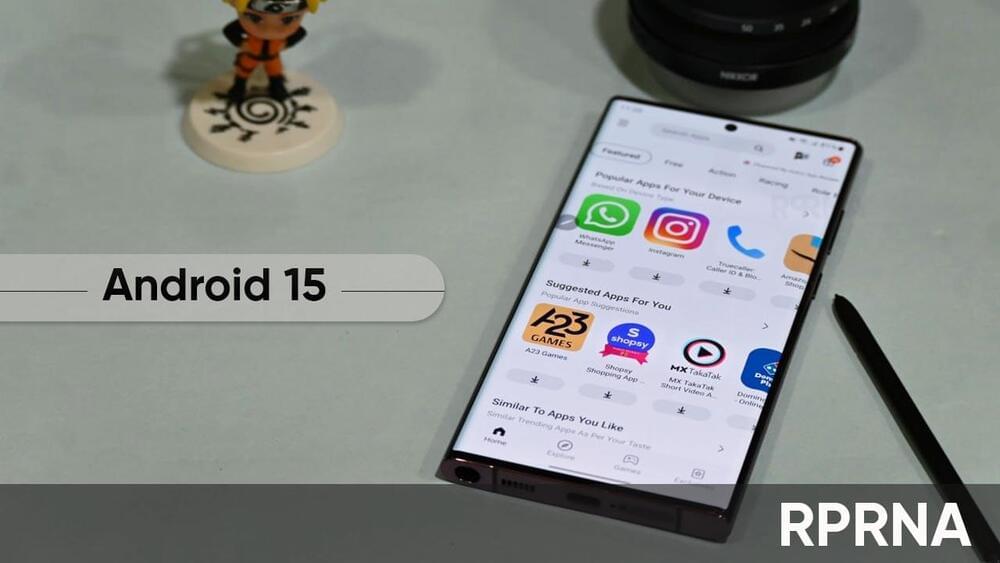Apple quietly submitted a research paper last week related to its work on a multimodal large language model (MLLM) called MM1. Apple doesn’t explain what the meaning behind the name is, but it’s possible it could stand for MultiModal 1.
Being multimodal, MM1 is capable of working with both text and images. Overall, its capabilities and design are similar to the likes of Google’s Gemini or Meta’s open-source LLM Llama 2.
An earlier report from Bloomberg said Apple was interested in incorporating Google’s Gemini AI engine into the iPhone. The two companies are reportedly still in talks to let Apple license Gemini to power some of the generative AI features coming to iOS 18.









